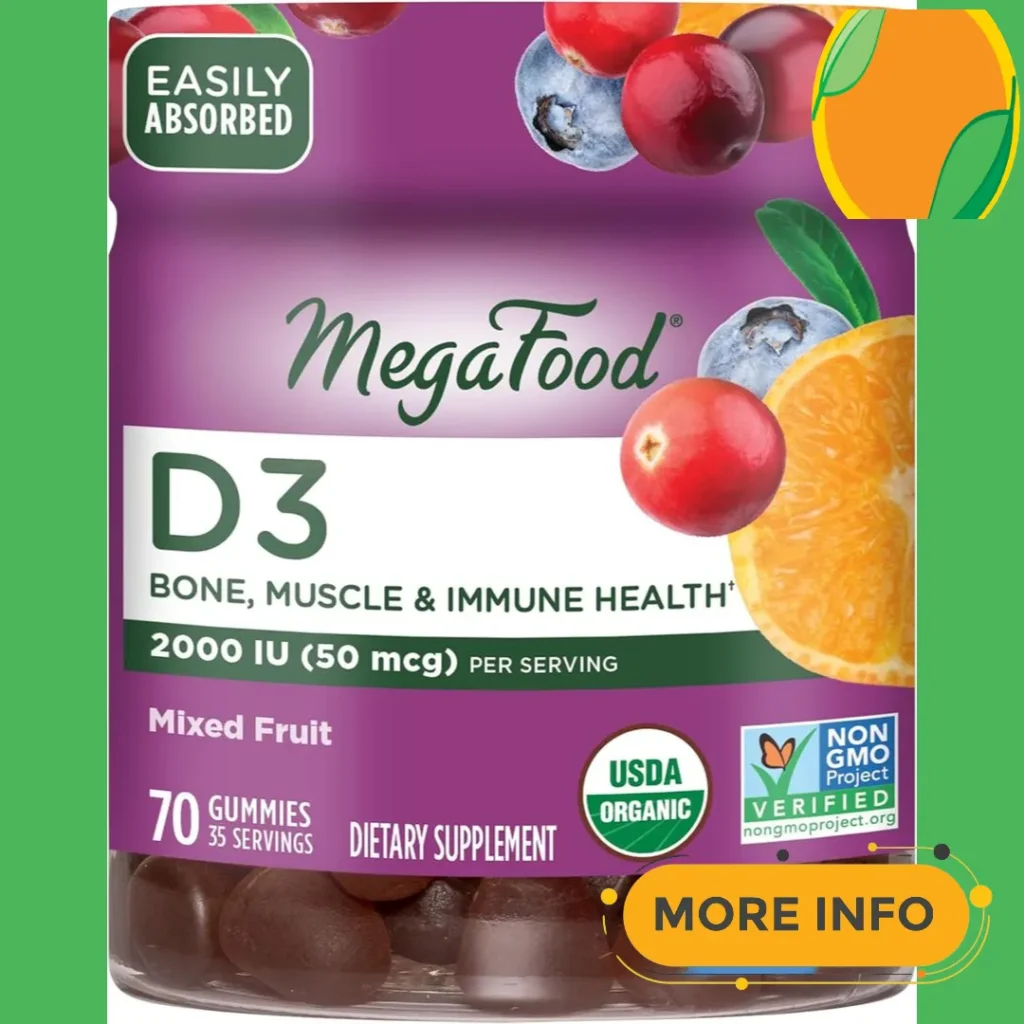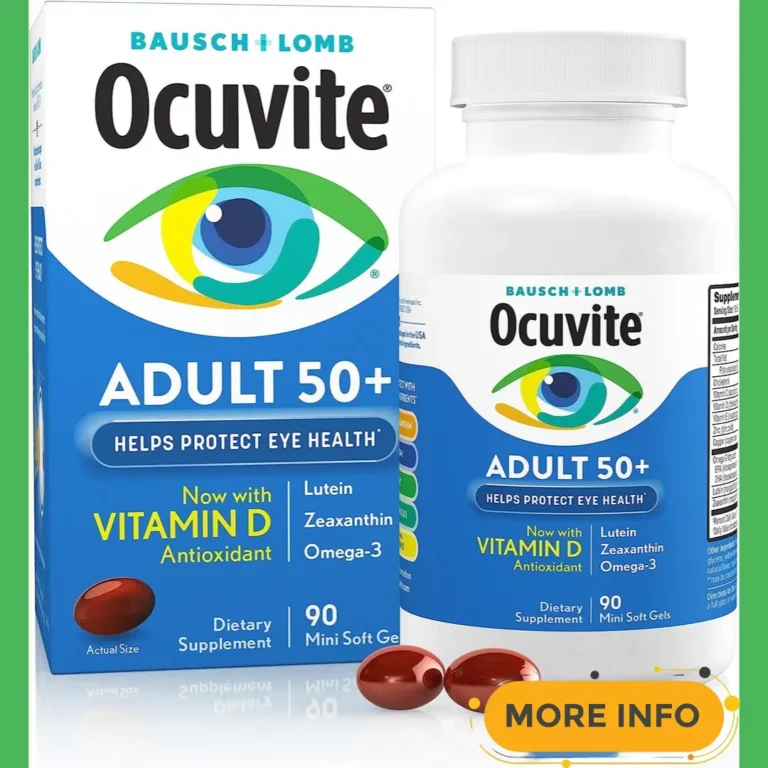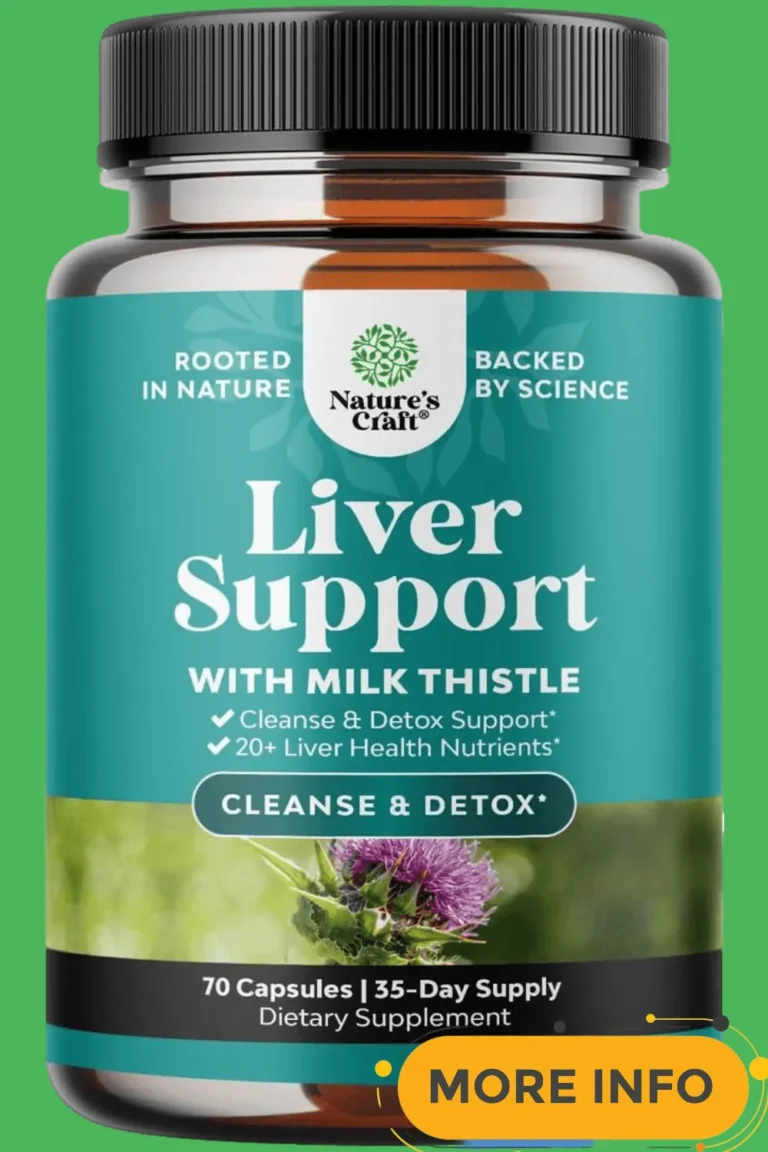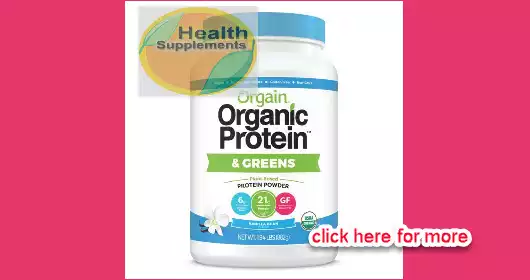Vitamin D Foods
Picture this: you’re basking in the warm glow of the sun on a perfect summer day, feeling rejuvenated and alive.
But what if you could harness that same vitality from your kitchen? Welcome to our exploration of Vitamin D Foods—your culinary gateway to sunshine health.
With modern lifestyles often keeping us indoors, it’s more crucial than ever to understand how we can make up for the vitamin D deficit through our diet.
Vitamin D is not just a nutrient; it’s a powerhouse essential for bone health, immune function, and mood regulation.
Yet, despite its importance, many people remain unaware of how to incorporate it effectively into their meals.
In this article, we’ll uncover delicious foods rich in vitamin D that can easily become part of your daily routine.
Say goodbye to supplements and hello to a naturally fortified menu that promises both taste and health benefits!
Vitamin D is a crucial nutrient that plays a vital role in maintaining overall health and well-being.
Known as the “sunshine vitamin,” vitamin D is primarily synthesized in the skin when it is exposed to sunlight.
However, getting enough vitamin D solely through sun exposure can be challenging, especially for those who live in northern latitudes or spend most of their time indoors.
As a result, it is important to ensure that you are consuming an adequate amount of vitamin D through your diet.
In this article, we will explore the top foods that are rich in vitamin D and can help you meet your daily requirements.
From fatty fish like salmon and mackerel to fortified dairy products and eggs, there are a variety of delicious and nutritious options available to boost your vitamin D intake.
We will also discuss the importance of vitamin D for bone health, immune function, and overall well-being, as well as the potential risks of vitamin D deficiency.
By incorporating vitamin D-rich foods into your diet, you can support your body’s optimal functioning and maintain optimal health.
Table of Contents Vitamin D Foods
Nutrient-rich salmon, a vitamin D powerhouse
Salmon stands out as a top choice among health-conscious individuals due to its exceptional nutritional profile that extends beyond being an excellent source of vitamin D.
Renowned for its rich omega-3 fatty acid content, salmon supports heart health, reduces inflammation, and promotes brain function.
Moreover, this nutrient-dense fish provides an abundance of high-quality proteins, essential amino acids, and various vitamins and minerals that are crucial for overall well-being.
By incorporating salmon into your diet, you not only boost your vitamin D intake but also harness a wide array of health benefits that contribute to a balanced and nourishing diet.
Fortified milk, a bone-boosting option
Choosing fortified milk as part of your daily diet can be a wise decision when seeking a bone-boosting option that supports overall bone health.
Fortified milk, enriched with essential nutrients like calcium and vitamin D, plays a crucial role in promoting strong bones and preventing bone-related diseases.
Research indicates that adequate calcium and vitamin D intake are pivotal for maintaining optimal bone density and reducing the risk of fractures, especially as we age.
By incorporating fortified milk into your meal plans, you not only enhance your daily nutrient intake but also invest in the long-term health of your skeletal system.
Sardines pack a vitamin D punch
Sardines, often overshadowed by other fish varieties, are a nutritional powerhouse that packs a substantial amount of vitamin D.
These small, silvery fish are not only rich in omega-3 fatty acids but are also an excellent natural source of this essential vitamin.
Vitamin D plays a crucial role in supporting the absorption of calcium, promoting bone health, and boosting the immune system.
Incorporating sardines into your diet provides a convenient and tasty way to increase your vitamin D intake, helping to ensure optimal levels of this vital nutrient for overall health and well-being.
Egg yolks offer vitamin D
Egg yolks, another underrated source of essential nutrients, are a valuable addition to a balanced diet as they offer a natural source of vitamin D.
Often overlooked for their high cholesterol content, egg yolks are actually rich in several key vitamins and minerals, including vitamin D.
This fat-soluble vitamin plays a crucial role in maintaining bone health, supporting immune function, and regulating cell growth.
By incorporating egg yolks into your meals, you can increase your vitamin D intake while enjoying their rich flavor and versatility in various dishes.
Tofu fortified with vitamin D
Tofu fortified with vitamin D provides a plant-based alternative for individuals looking to boost their vitamin D intake without relying on animal products.
Additionally, this fortified tofu offers a convenient and versatile option for those following a vegan or vegetarian diet, as it serves as an excellent source of protein and other essential nutrients.
By incorporating tofu fortified with vitamin D into your meals, you can not only enhance the nutritional value of your dishes but also promote overall health and well-being through this plant-based source of essential vitamin supplementation.
Mushrooms exposed to sunlight
Mushrooms exposed to sunlight undergo a unique process known as photosynthesis, where they can naturally produce vitamin D when exposed to UV light.
This organic method allows mushrooms to convert ergosterol, a compound found in their cell membranes, into vitamin D, much like human skin does when exposed to sunlight.
The ability of mushrooms to generate vitamin D through sunlight exposure makes them a valuable addition to a diet for individuals seeking alternative sources of this essential nutrient.
Further research into the vitamin D content of mushrooms exposed to sunlight can provide valuable insights into enhancing the dietary diversity of individuals aiming to meet their vitamin D requirements naturally.
Yogurt, another vitamin D source
Yogurt stands out as another excellent dietary source of vitamin D, offering a versatile option for individuals looking to increase their intake of this crucial nutrient.
Apart from its delightful taste and creamy texture, yogurt provides a substantial amount of vitamin D, contributing to overall health and well-being.
Additionally, the probiotic nature of yogurt offers various health benefits, including improved digestion and immune function.
Incorporating yogurt into your daily diet not only provides a convenient way to meet your nutritional needs but also adds a flavorful element to your meals or snacks.
Opt for fortified orange juice
In addition to yogurt, another reliable source of vitamin D to consider is fortified orange juice.
Fortified with essential nutrients like calcium and vitamin D, this refreshing beverage offers a convenient way to boost your nutrient intake.
Opting for fortified orange juice could be particularly beneficial for individuals looking to enhance their vitamin D levels without relying solely on supplements.
By incorporating fortified orange juice into your daily routine, you can enjoy the refreshing taste while also supporting your overall health and well-being.
In conclusion, incorporating Vitamin D-rich foods into one’s diet is essential for maintaining optimal health.
By including sources such as fatty fish, fortified dairy products, and egg yolks, individuals can support bone health, immune function, and overall well-being.
While supplements can be beneficial for those with deficiencies, obtaining Vitamin D through natural dietary sources provides a well-rounded approach to meeting daily requirements.
In addition, exposure to sunlight remains a primary source of Vitamin D synthesis, emphasizing the importance of balance and moderation in maintaining adequate levels of this crucial nutrient.
Prioritizing a varied and nutrient-dense diet that includes Vitamin D foods can contribute to long-term health and vitality.
FAQ
What are some examples of foods that are high in Vitamin D?
Foods high in Vitamin D include fatty fish like salmon and mackerel, fortified dairy products like milk and yogurt, eggs, and fortified cereals.
Additionally, mushrooms exposed to ultraviolet light can also be a good source of Vitamin D.
How much Vitamin D should a person consume daily, and how can they meet this requirement through food sources?
The recommended daily intake of Vitamin D for most adults is 600-800 IU.
This can be achieved through foods like fatty fish (salmon, mackerel), egg yolks, fortified dairy products, fortified cereals, and mushrooms.
However, due to limited dietary sources, sunlight exposure is also crucial for Vitamin D synthesis in the body.
Regularly spending time in the sun can help individuals meet their Vitamin D requirements.
Are there any natural plant-based sources of Vitamin D, or is it primarily found in animal products?
Vitamin D is primarily found in animal products, however, some plant-based sources such as mushrooms exposed to sunlight or fortified plant-based milk and cereals can also provide small amounts of Vitamin D.
Sun exposure is the most natural way for the body to produce Vitamin D.
Can Vitamin D be obtained through fortified foods, such as milk or cereals?
Yes, Vitamin D can be obtained through fortified foods like milk, cereals, and orange juice.
These products are typically fortified with Vitamin D to increase the nutrient content and provide individuals with an additional source of this essential vitamin, particularly for those who may not get enough sunlight exposure, which is a primary natural source of Vitamin D.
Regular consumption of fortified foods can help meet the daily recommended intake of Vitamin D and support overall health.
Are there any specific dietary recommendations for individuals who are at risk of Vitamin D deficiency, such as older adults or people with limited sun exposure?
Yes, individuals at risk of Vitamin D deficiency should focus on consuming foods high in Vitamin D such as fatty fish, fortified dairy products, egg yolks, and mushrooms.
Additionally, they may consider taking Vitamin D supplements as advised by their healthcare provider to ensure adequate intake, particularly during winter months or if sunlight exposure is limited.
Regular monitoring of Vitamin D levels and consultation with a healthcare professional are recommended to address individual dietary needs and potential supplementation requirements.







